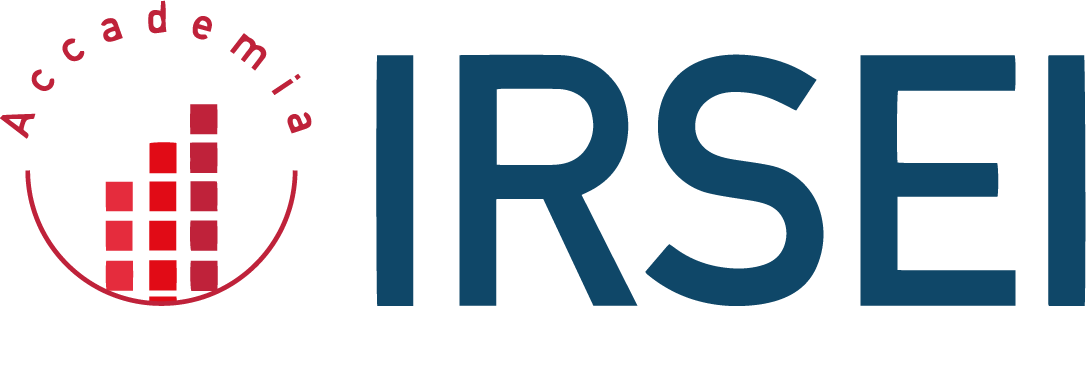CAMPLUS: Empowerment for migrants- from camps to integration

PROJECT NUMBER: 2021-1-FR01-KA220-ADU-000028439
TIMESPAN OF THE PROJECT: 01/11/2021 – 31/10/2024
FINANCING PROGRAM: Erasmus+

Objectives
The project aims to:
- Enhance the empowerment of migrants by promoting their social and professional inclusion.
- Develop training courses on entrepreneurship, leadership, and personal development.
- Deliver these courses within refugee camps located in Erbil (Iraq) and Larissa (Greece) to support migrant communities.
Activities
The project will engage in the following activities:
- Creation of a toolbox containing a guide and good practices
- Creation of a manual for trainers
- Training sessions for educators and social professionals who work inside refugee camps
- 2 learning sessions addressed to migrants which will take place in the refugee camp of Larissa and in the one of Erbil
- Validation of beneficiaries competencies acquired through certification
- Creation of a e-learning platform
Results
The project will generate the following outcomes:
- Toolbox
- A comprehensive resource gathering documents and manuals for adult trainers focusing on migrant students.
- Includes a methodological guide, a notebook for tracking the creation process, 10 exemplary practices, and assessment tools.
- Manual
- Contains training modules based on the research-action principle.
- Designed to facilitate lifelong learning and bridge the gap between education and employment for migrants
- E- learning platform
- The app developed will be an open educational resource based on the contents of IO1 and I02 and it will focus on three pillars: multimedia, interactivity and networking.
- The platform will help and accompanies migrants learners into learning processes in total autonomy using quiz, games and other useful tools.
Partners

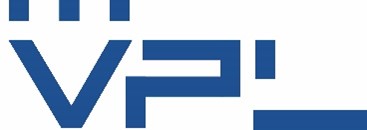
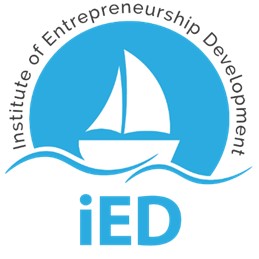


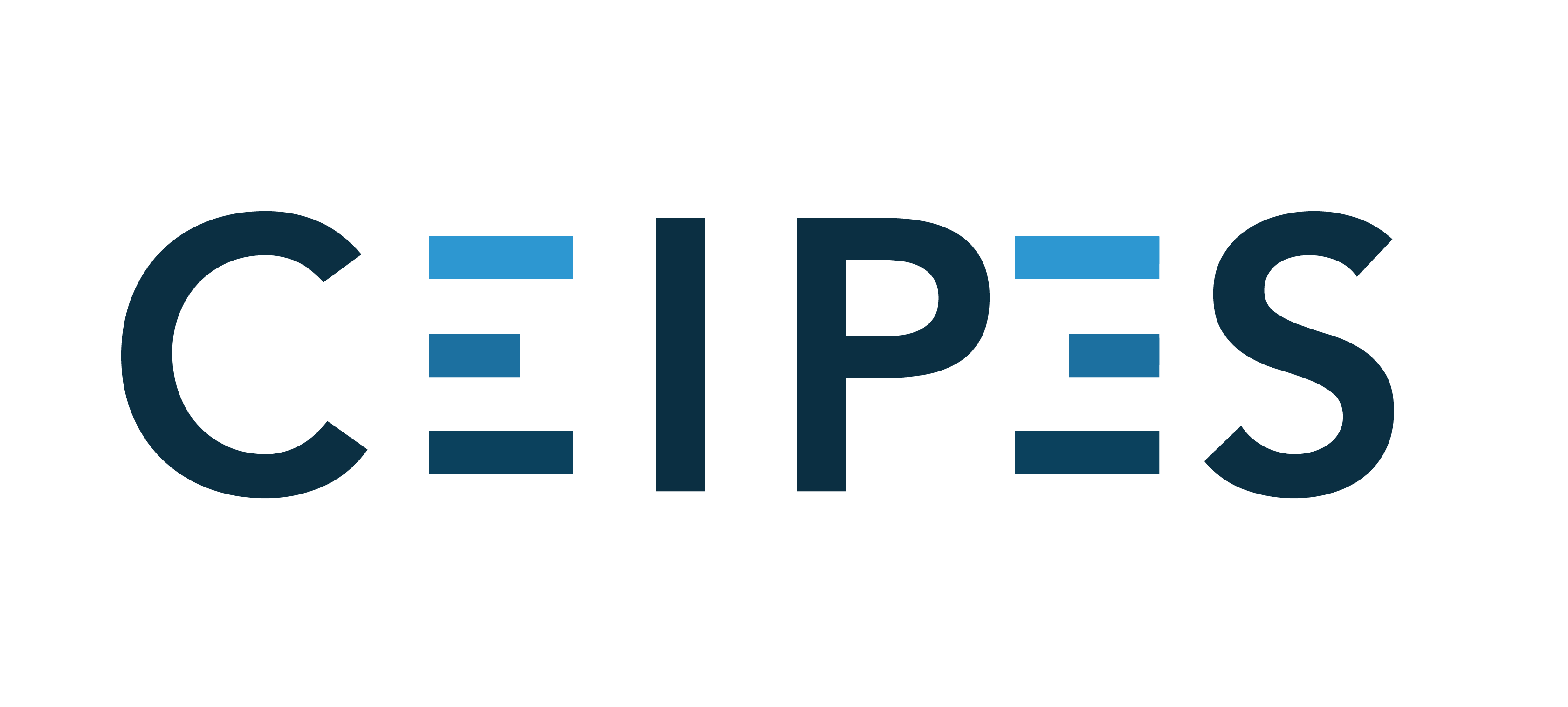
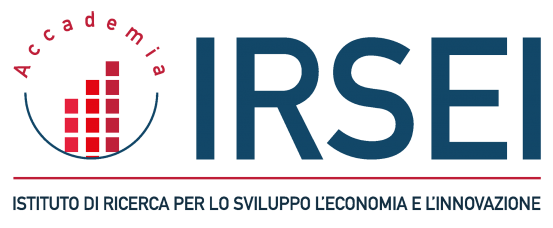
Funded by the European Union. Views and opinions expressed are however those of the author(s) only and do not necessarily reflect those of the European Union or the European Education and Culture Executive Agency (EACEA). Neither the European Union nor EACEA can be held responsible for them.
